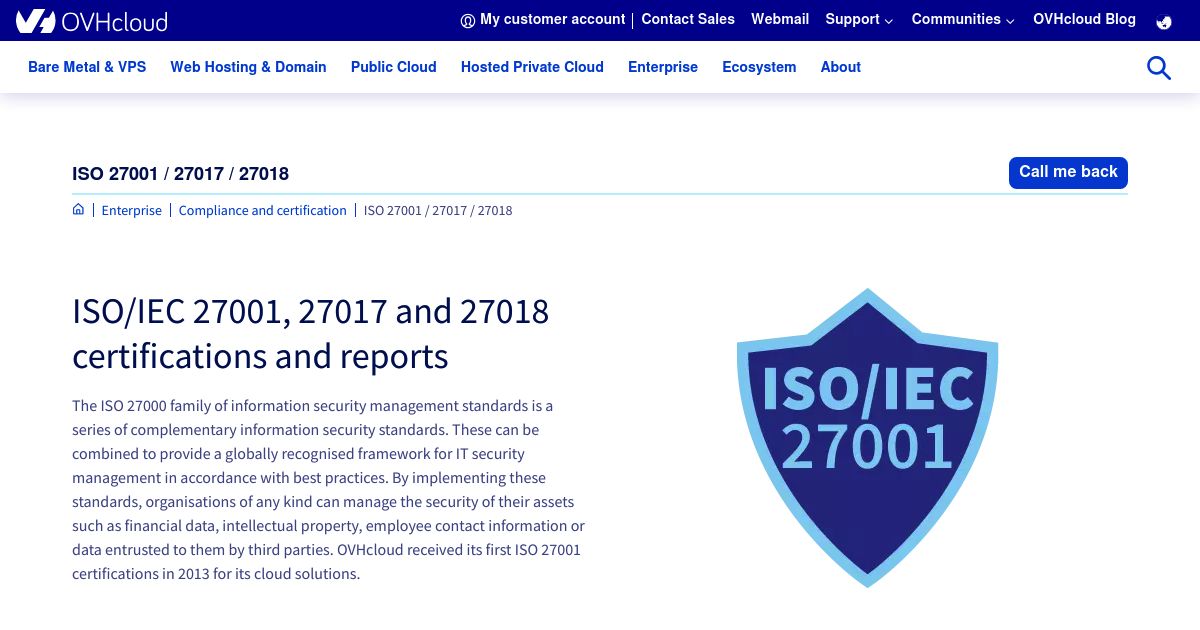The German startup, Kubermatic, introduced a new open-source system it calls KubeCarrier. The system is a response to the growing technical challenges of the ever-increasing Kubernetes and cloud-native technologies ecosystem.
KubeCarrier is a service management hub for solving the various technical problems that relate to the deployment of Kubernetes clusters. According to co-founder and CEO, Sebastian Scheele, the company wished to tackle the problems developers and IT professionals faced while running cloud-native applications.
Automating Operations for Cloud-Native Apps
Kubermatic decided to take the concept further by creating KubeCarrier to provide operators with a way to package, manage, and deploy cloud-native apps automatically.
About four years ago, the cloud-native community faced several technical issues surrounding Kubernetes clusters, such as
- Authentication,
- Service meshes, and
- Overlay networking.
Even though they managed it for some time, Scheele still saw similar problems occurring where developers needed more tools to manage Kubernetes’ growing complexities. The company created this open-source solution to help them solve one aspect of the problem.
Flexibility Beyond Managing Kubernetes
This open-source system was designed to manage applications and services across several Kubernetes clusters while providing users with a centralized framework for a self-service hub.
According to Scheele, KubeCarrier will give organizations more flexibility beyond managing Kubernetes. It’ll provision and handle workloads across multiple clusters.
The system will help Kubermatic customers to harness the Kubernetes API and Operators into a centralized framework, allowing businesses to deliver cloud-native services.
Scheele noted that KubeCarrier would help their customers to build the right kind of automation around provisioning and service capability. It would allow different teams to provide various services within its organization or to external clients. With KubeCarrier, both external and internal customers would be able to deploy the necessary cloud-native software and services they need immediately.
Some of the solutions KubeCarrier would provide include, deploying service meshes, databases, data stores, and monitoring systems. It would also ensure scalability and repeatability, as environments grow, by making it easy to manage, locate, and inspect services across an entire platform.
What’s The Next Steps?
Kubermatic will be expanding its open-source product portfolio by open-sourcing KubeCarrier. Specifically, Kubermatics will open-source KubeOne and it’s Kubernetes platform.
KubeOne
Designed to provide automated Kubernetes lifecycle management to edge locations and data centers alike. It also manages the deployment and development of single Kubernetes clusters on different infrastructure.
Kubermatic Kubernetes Platform
It was designed to manage enterprise demands by providing IT operations teams with scalable software to deliver Day 2 operations and Kubernetes-as-a-Service functions to customers. It also automates the entire lifecycle management of several Kubernetes clusters across multiple platforms.
The open-source cloud-native solution is available on GitHub.
According to Scheele, the company hopes to get vital feedback from the community on how to improve their services further. He also noted that Kubermatic wished to discover new means of incorporating the technology into its commercial offerings. Scheele reported that the service should be available within the next three to six months.
Also Read
About Kubermatic
Kubermatic is a Kubernetes automation software company responsible for powering IT operations at a scale. Formerly known as Loodse, the platform empowers organizations to automate their cloud-native processes on-premises, across multi-cloud, and edge fully. In 2019, it was one of the top five corporate contributors to the Kubernetes Project.
Kubermatic creates software solutions and delivers professional services designed to navigate and accelerate cloud-native transformations safely. Various leading enterprises, such as Lufthansa, Siemens, T-Systems, and Bosch, trust the platform to handle their complex cloud-native needs. The company was founded in 2016 by Sebastian Scheele and Julian Hansert, with its headquarters in Hamburg, Germany.



